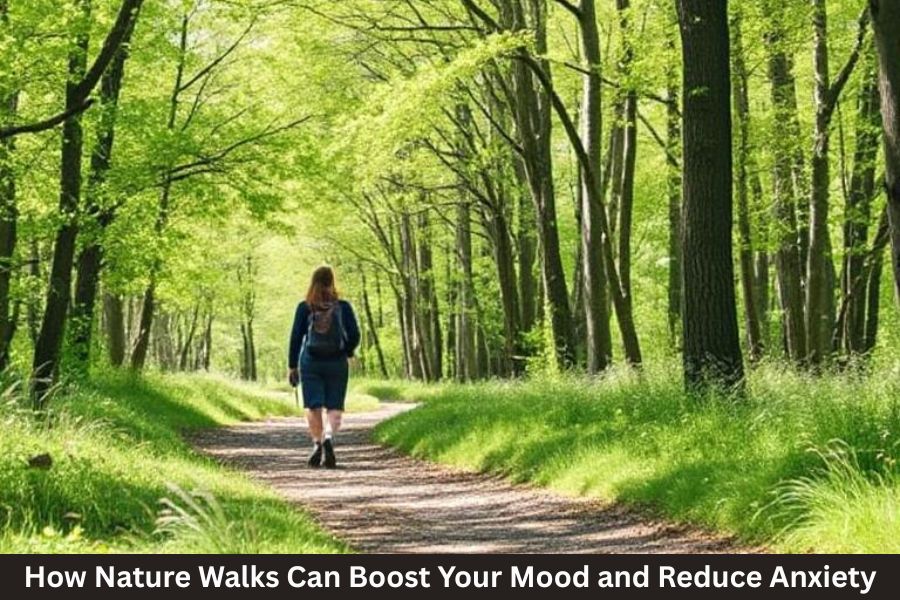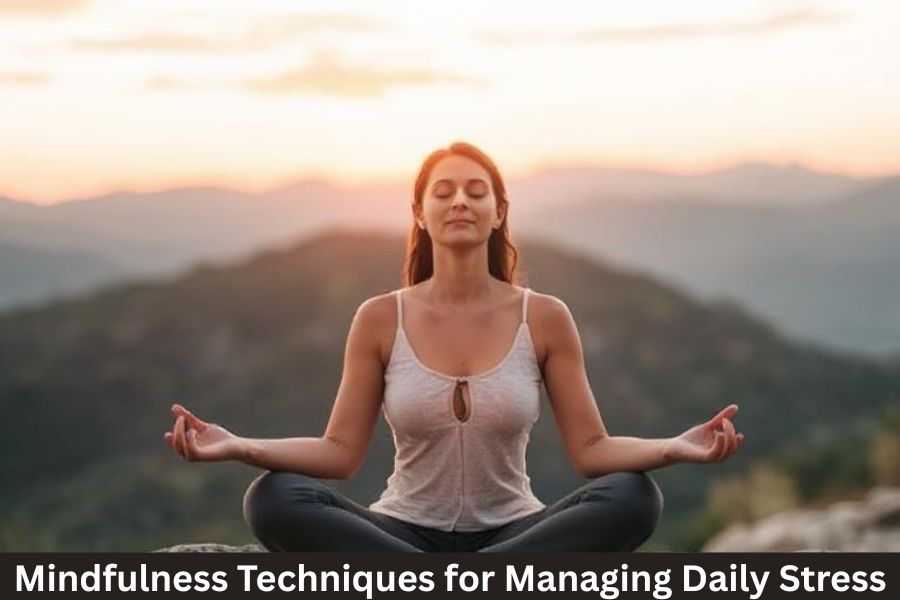In a world filled with buzzing phones, endless notifications, and fast-paced routines, finding moments of peace has become essential for mental well-being. While self-help books and therapy apps have their place, one of the most powerful remedies for boosting your mood and reducing anxiety might be right outside your door: a simple walk in nature.
Whether it’s a stroll through the park, a hike in the woods, or a quiet path by a lake, nature walks have been scientifically proven to uplift your mind and heal your heart. Here’s how—and why—you should start lacing up your walking shoes.
The Science Behind Nature and Mental Health
Modern research has shown that spending time in nature has a measurable impact on the brain. A study published in Proceedings of the National Academy of Sciences found that people who walked for 90 minutes in a natural setting had lower activity in the prefrontal cortex, the part of the brain linked to rumination—repetitive, negative thinking.
Another study from Stanford University discovered that nature exposure lowers levels of cortisol (the stress hormone), reduces heart rate, and improves overall mood.
Top Mental Health Benefits of Nature Walks
1. Reduced Stress and Anxiety
Nature walks promote relaxation by activating the parasympathetic nervous system—the part responsible for rest and recovery. Just 20 minutes of walking in a natural environment can lower cortisol levels and calm your nervous system.
2. Improved Mood
Natural surroundings offer a break from overstimulation. They encourage mindfulness, gratitude, and mental clarity, which contribute to a more positive outlook on life.
3. Increased Focus and Attention
Struggling to concentrate? Nature walks can help restore what’s called “directed attention.” When you’re in nature, your brain gets a break from decision fatigue and digital distractions.
4. Reduced Rumination
Spending time outdoors helps break the cycle of negative thoughts, especially for people prone to overthinking. The peaceful environment allows your mind to reset.
5. Better Sleep
Exposure to natural light during walks can help regulate circadian rhythms, promoting better sleep at night and improved energy levels during the day.
Why Walking Works Wonders
Walking is a gentle form of exercise that increases blood flow, releases endorphins, and stimulates brain activity—without the pressure of high-intensity workouts. Combined with the tranquil environment of nature, it becomes a therapeutic experience for both body and mind.
Green vs. Urban Spaces: Is There a Difference?
Yes! While any physical activity is good, walking in green spaces (like parks, forests, or gardens) offers greater psychological benefits than urban environments. Nature provides visual serenity, natural sounds, and cleaner air, which amplify its calming effects.
How to Make Nature Walks a Mental Health Ritual
Start Small
Even a 15-minute walk in a nearby park can provide benefits.
Leave Your Phone Behind (or on Silent)
Disconnect to fully engage with your surroundings.
Practice Mindful Walking
Focus on your breath, the sounds of birds, or the texture of leaves. This grounds you in the present moment.
Go During Daylight
Sunlight boosts vitamin D and serotonin levels, enhancing mood.
Walk Regularly
Aim for 3–5 times a week, but even once a week can make a difference.
Nature Walk Ideas to Boost Your Mood
- Visit a botanical garden or nature reserve
- Take a hike on a local trail
- Walk near a river, beach, or lake
- Explore a flower field in bloom
- Walk during sunrise or sunset for extra tranquility
What If You Don’t Have Access to Nature?
Not everyone has a forest nearby, but even urban parks or tree-lined streets can offer mental health benefits. If getting outdoors isn’t possible, consider nature soundtracks, indoor plants, or virtual nature walks as alternatives.
FAQs
Q1: How long should a nature walk be to reduce anxiety?
Even 10–20 minutes of walking in a green environment can reduce anxiety levels.
Q2: Can nature walks replace therapy or medication?
They are a helpful supplement but not a replacement. Always consult with a healthcare professional for severe mental health concerns.
Q3: Are nature walks safe for people with anxiety disorders?
Yes, they’re generally low-risk and calming. Start in familiar, quiet areas for comfort.
Q4: Can I listen to music or podcasts during my walk?
You can, but try to stay present with the environment. Consider listening to natural soundscapes instead.
Q5: What time of day is best for a nature walk?
Morning walks help kick-start your day with energy and light. Evening walks can help you unwind.



